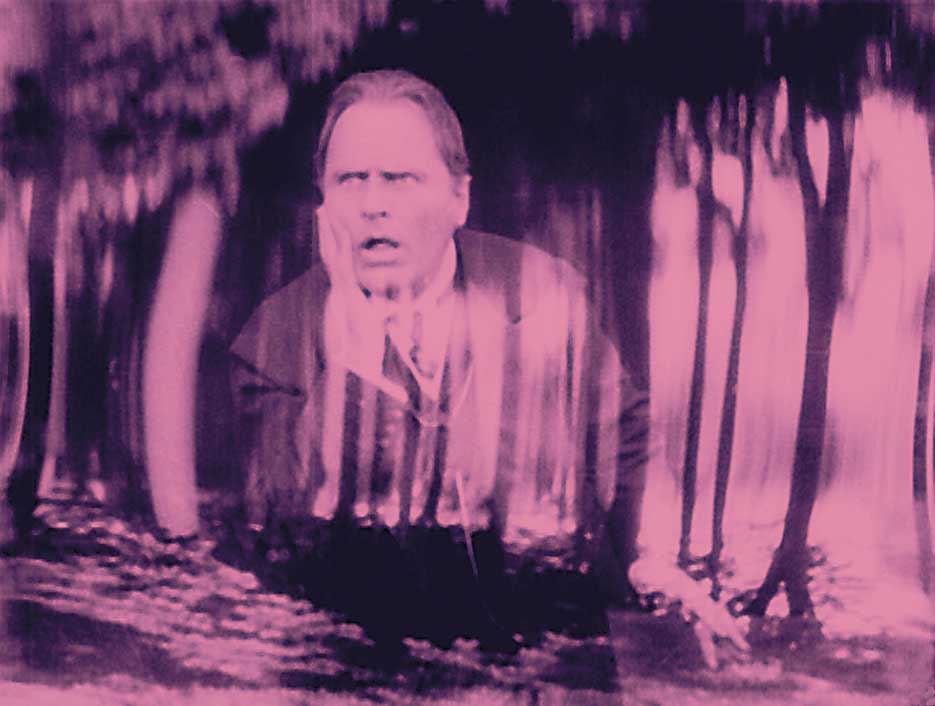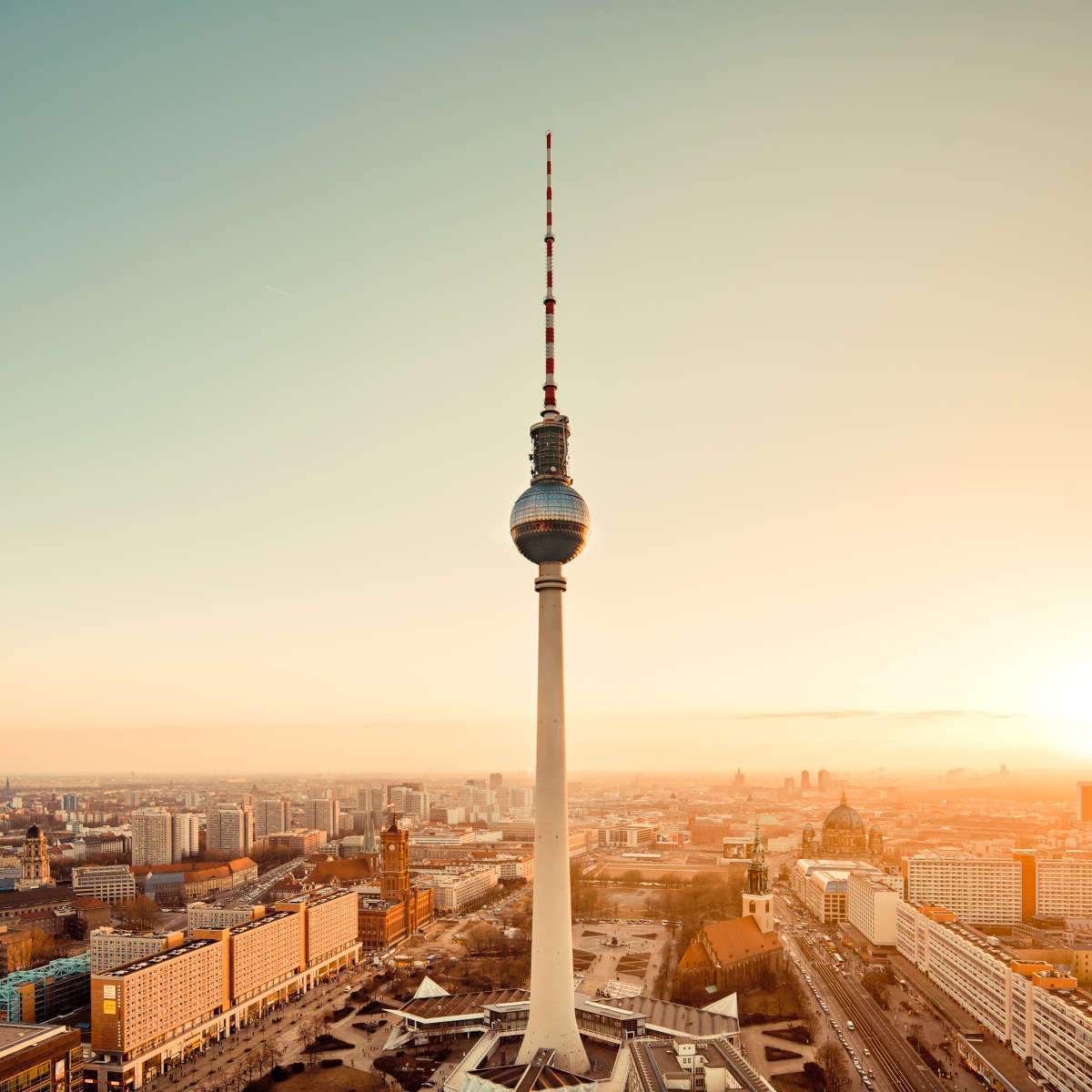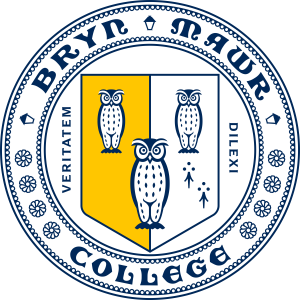- Instructor of record: Margaret Strair
- Instructor of record: Qinna Shen
- Instructor of record: Qinna Shen
- Instructor of record: Qinna Shen
- Instructor of record: Qinna Shen

Taught in German. This course explores scenes of experimentation and medical observation in German literature from the eighteenth century to the early twentieth century, probing the nexus between literature, artistic practices, and the sciences. Figures of the scientist or the physician as observers of human behavior and natural phenomena often find themselves at the very threshold of knowledge, navigating structures of power that operate both socially and biologically. In the wake of the Age of Reason, they are both agents of order and originators of chaos, testing themselves, others, and cultural frameworks that give rise to their position and insights on the human condition. Disease, illness, gender, and disability become loci of investigation that unmoor the stability of scientific and medical observation. In the early twentieth century, scenes inside and outside of the clinic stage different dimensions of human life mediated through interactions with physicians, responding to new technological developments that begin to shift what it means to be human and to study the human. This course will feature works by Thomas Mann, among others, and writers who themselves were trained in the sciences or as physicians, including Gottfried Benn and Georg Büchner.
Concurrently, you will deepen your German academic register, expand your grammar knowledge, and refine your presentational skills in German. Please note: As GERM 102 is a prerequisite, this course will continue to place key emphasis on all areas of language learning, including expanding vocabulary, reviewing advanced grammar topics, and honing discourse strategies.
Concurrently, you will deepen your German academic register, expand your grammar knowledge, and refine your presentational skills in German. Please note: As GERM 102 is a prerequisite, this course will continue to place key emphasis on all areas of language learning, including expanding vocabulary, reviewing advanced grammar topics, and honing discourse strategies.
- Instructor of record: Margaret Strair
- Instructor of record: Qinna Shen
- Other editing teacher: Hanna de Lorenzi

This course is designed for students with no previous knowledge of German and will provide them with ample training across all modes of communication to develop their language competence in speaking, reading, and writing. This course will cover an overview of German grammar and vocabulary that will allow students to talk about themselves and a variety of familiar and everyday topics, hold basic conversations, and describe events in the past. Furthermore, students will thematically explore aspects of contemporary life in German-speaking cultures such as study at German universities, family life, food, cities, social life, and multiculturalism. Additionally, students will build and develop strategies for consuming and gathering information from authentic German-language media such as newspapers, short literary texts, film clips, and other audiovisual materials. Through a diverse selection of thematic texts and activities, this course also aims to build each student's intercultural competence by helping them to understand different cultural perspectives underlying different products and practices from German-speaking regions affecting everyday life
- Instructor of record: Margaret Strair
- Other editing teacher: Yier Jin
- Other editing teacher: Nuha Mohammed
- Other editing teacher: Juliana Vair
